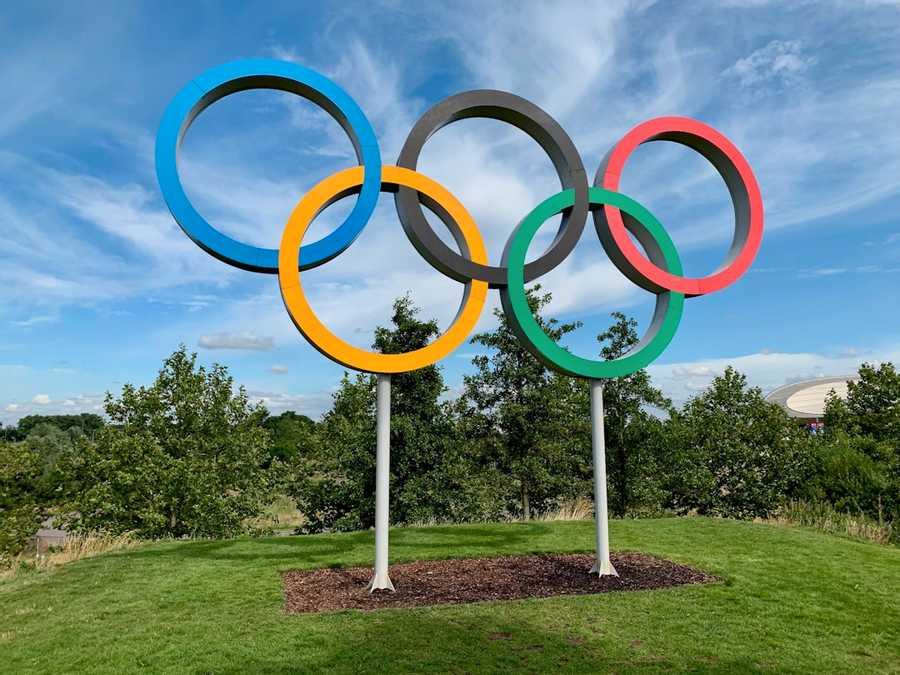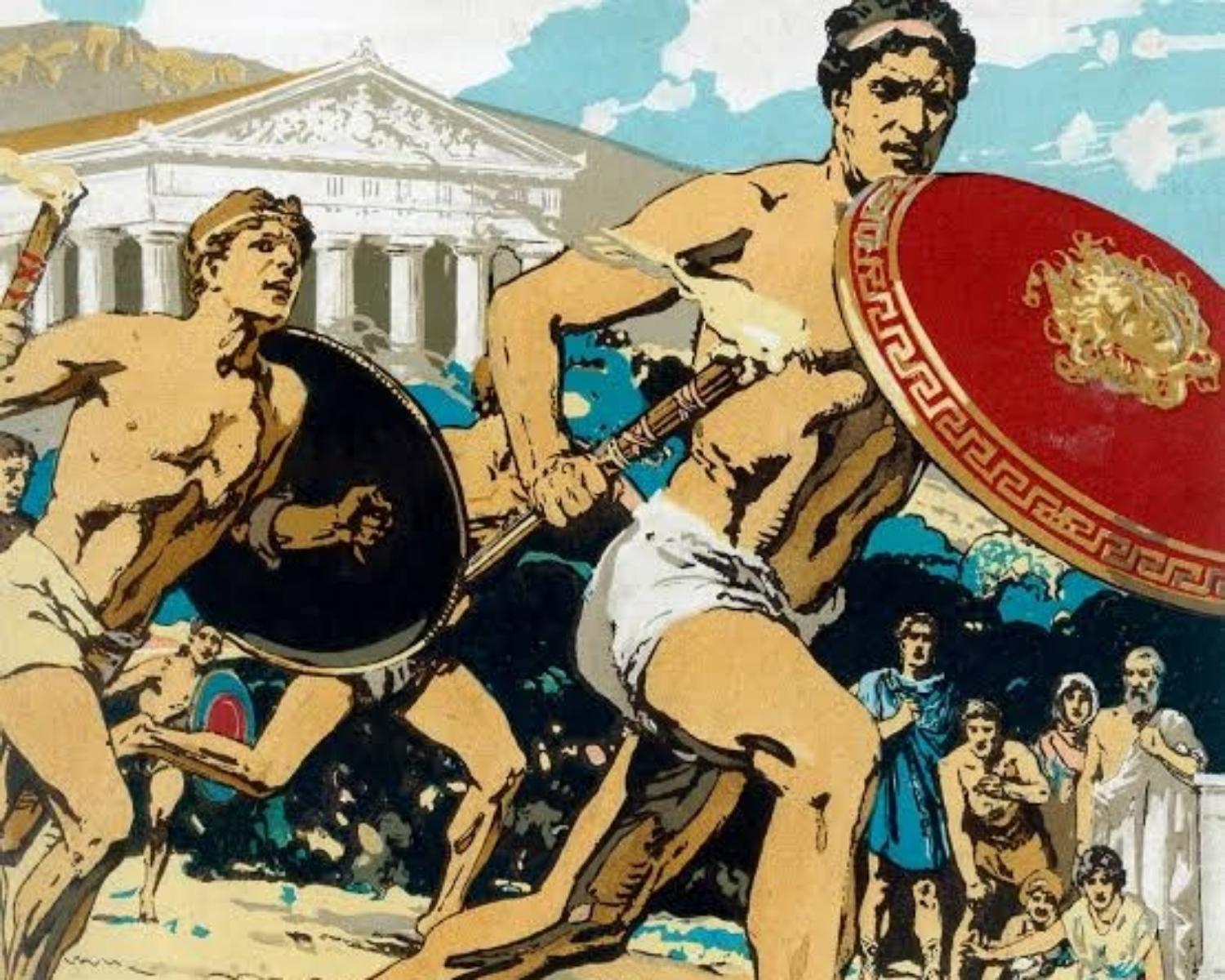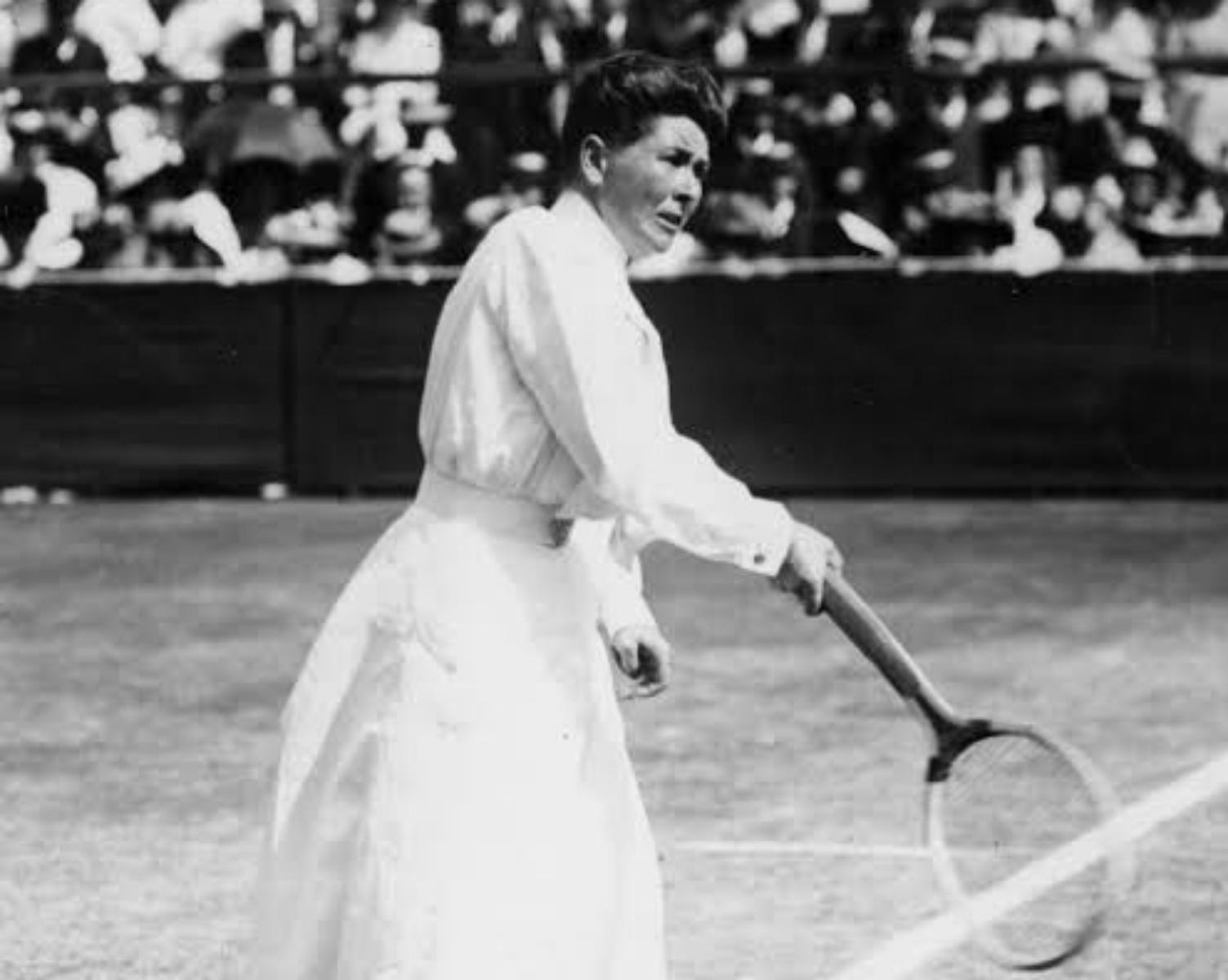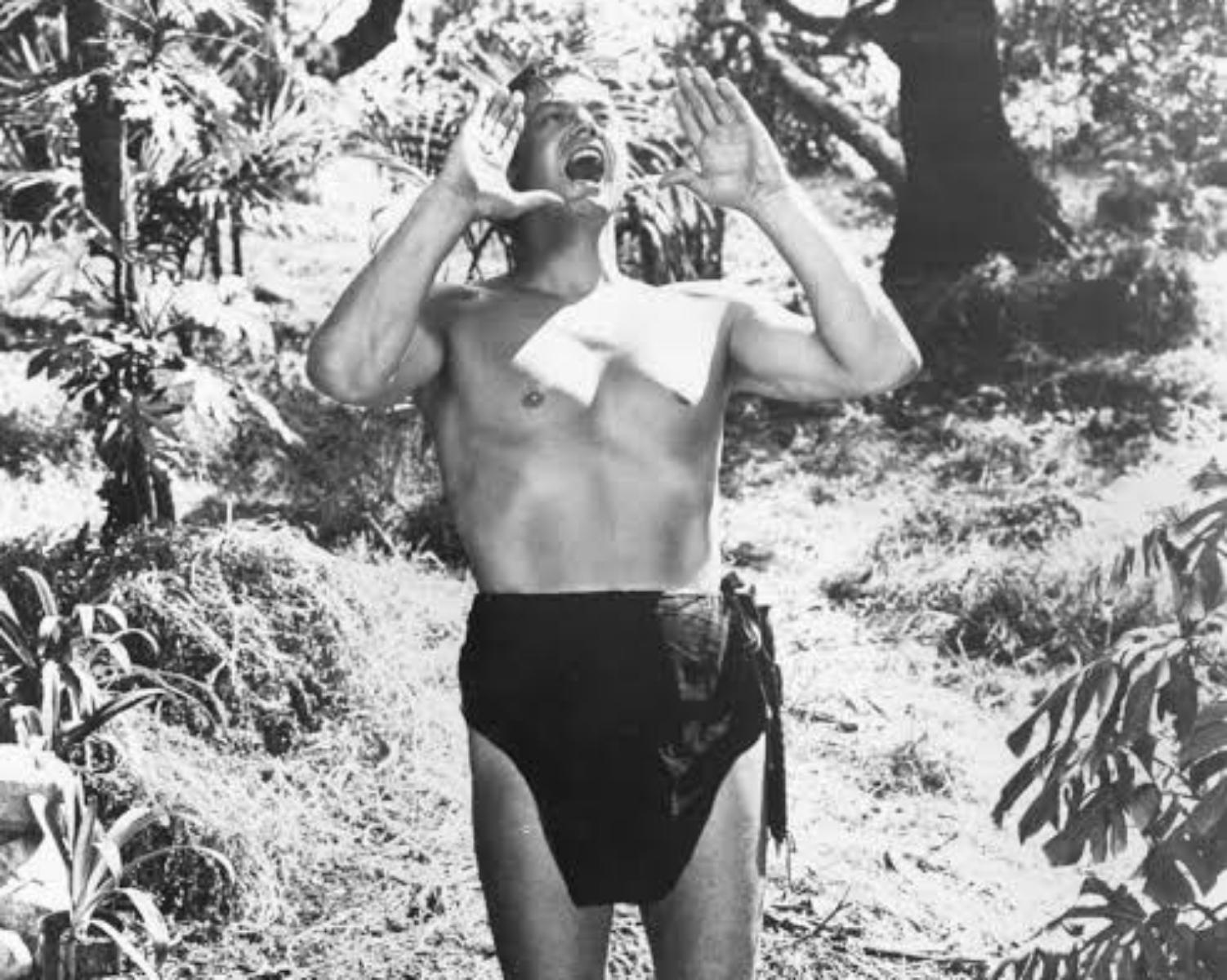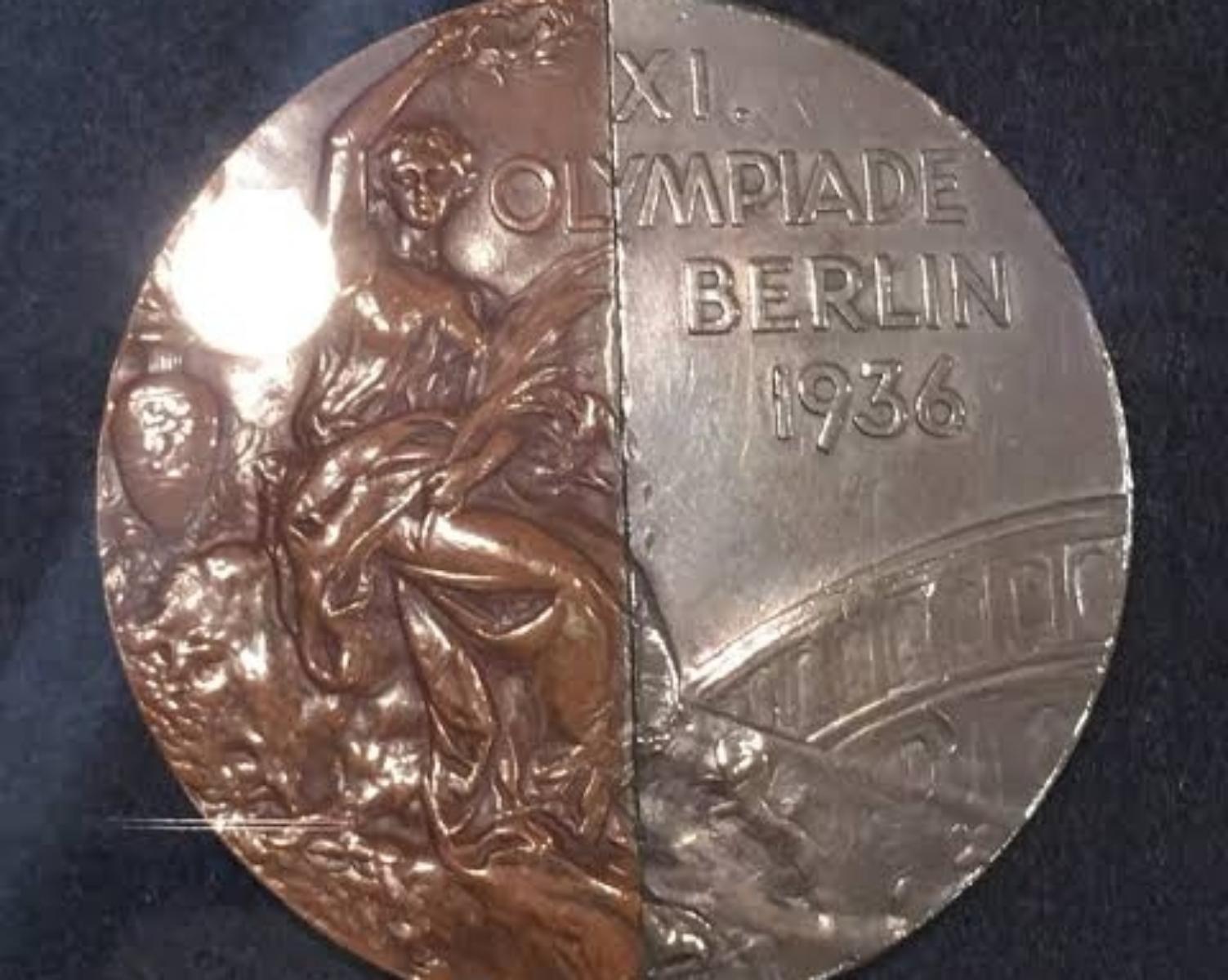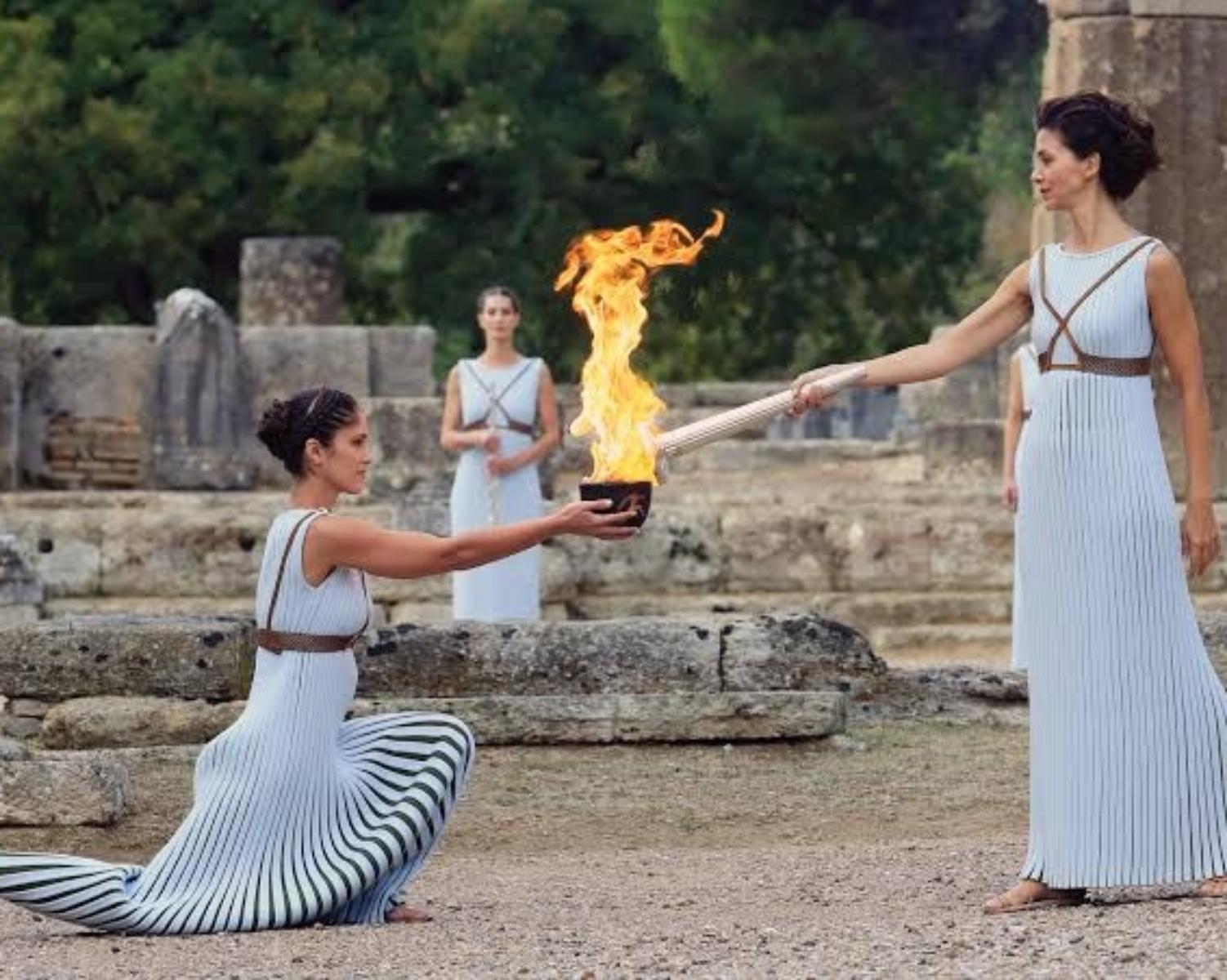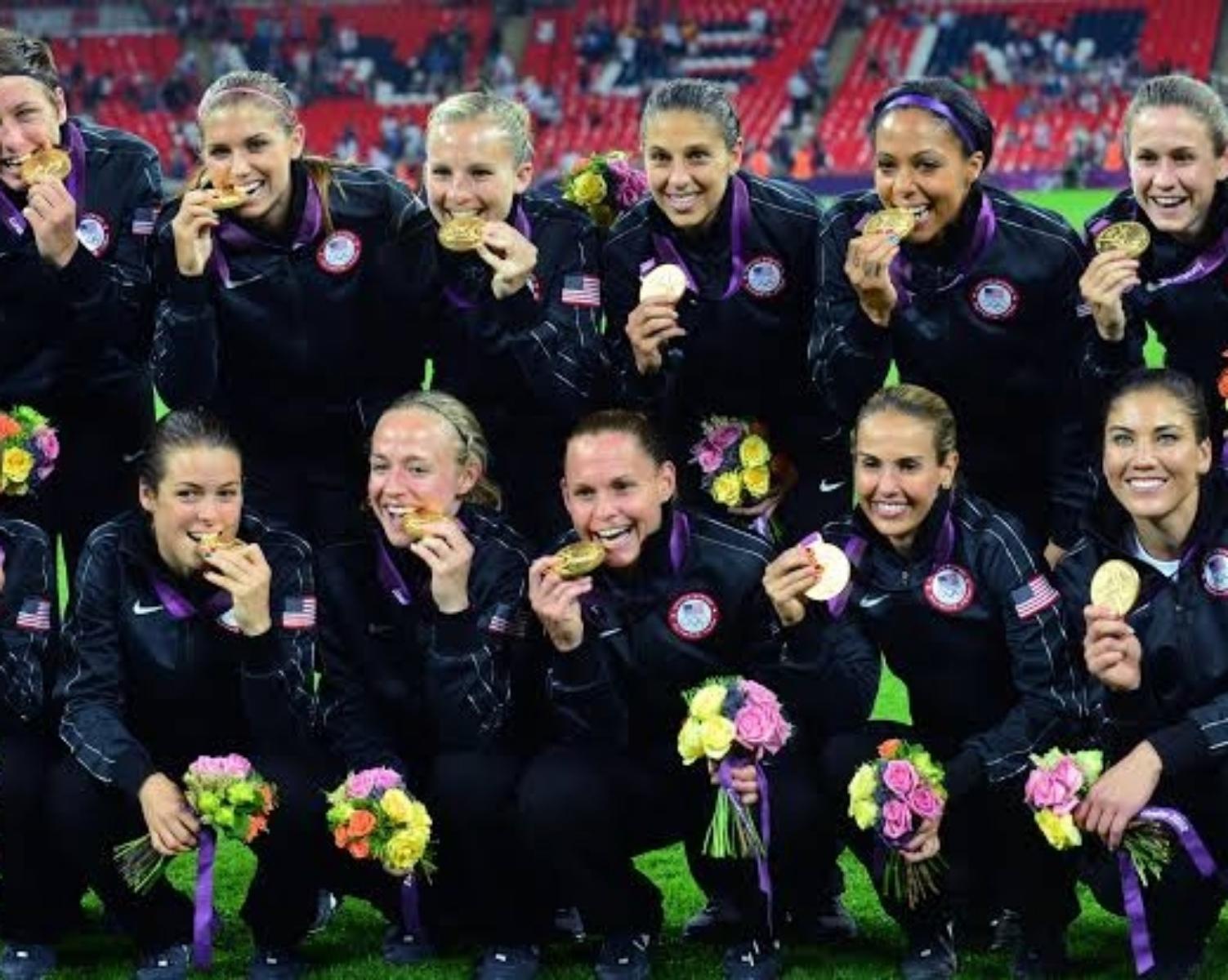Explore the World's Best Ideas
Join today and uncover 100+ curated journeys from 50+ topics. Unlock access to our mobile app with extensive features.
The spirit of Olympics:
There’s always something magical about the Olympics!
Athletes train for years to give their all and deliver the performance of a lifetime – often within a few seconds. We cry happy tears for the winners, sympathize with the losers, yell at the TV, and high-five strangers. Every two years, we adjust to a different time zone, feel a little bit more patriotic, and get really good at recognizing flags and national anthems from around the world.
In order to get into the Olympic spirit and the emotions that come with it, here are some onteresting facts about the Olympics-
10
97 reads
The first olympics"
The first Olympic Games took place in the 8th century B.C. in Olympia, Greece. They were held every four years for 12 centuries. Then, in the 4th century A.D., all pagan festivals were banned by Emperor Theodosius I and the Olympics were no more.
However, the athletic tradition was resurrected about 1500 years later.
The first modern Olympics were held in 1896 in Greece.
8
47 reads
Bared body
In ancient Greece, athletes didn’t worry about sponsorship, protection, or fashion – they competed naked.
Back then, the games lasted five or six months.
8
62 reads
Women debut:
Women have been allowed to compete in the Olympics since 1900.
From 1924-1992, the Winter and the Summer Olympics took place in the same year. Now, they’re on separate cycles and alternate every two years.
9
279 reads
Two times winner
Only four athletes have won medals in both the Winter and the Summer Olympics. Only one of them, Christa Ludinger-Rothenburger, won medals in the same year.
During the 2012 London Games, the Olympic Village required 165,000 towels for a bit more than two weeks of activity.
The official languages of the games are English and French, complemented by the official language of the host country.
8
64 reads
Olympic gold medalist-turned-actor
The famous Tarzan actor competed in the Olympics: Johnny Weissmuller, an athlete-turned-actor who played Tarzan in 12 movies, won five gold medals in swimming in the 1920s.
From 1912-1948, artists participated in the Olympics: Painters, sculptors, architects, writers, and musicians competed for medals in their respective fields.
9
77 reads
Friendship above all
During the 1936 Berlin Games, two Japanese pole-vaulters tied for second place. Instead of competing again, they cut the silver and bronze medals in half and fused the two different halves together so that each of them had a half-silver and half-bronze medal.
12
141 reads
Olympic torch lighting ceremony
The Olympic torch is lit the old-fashioned way in an ancient ceremony at the temple of Hera, in Greece: Actresses, wearing costumes of Greek priestesses, use a parabolic mirror and sun rays to kindle the torch.
From there, the torch starts its relay to the host city: It is usually carried by runners, but it has traveled on a boat, on an airplane (and the Concorde), on horseback, on the back of a camel, via radio signal, underwater, and in a canoe.
The unlit Olympic torch has also been taken to space several times.
9
36 reads
All women athletes
The 2012 London Games were the first Olympics in which all participating countries sent female athletes.
The following sports are (sadly) not part of the Olympics anymore: solo synchronized swimming, tug of war, rope climbing, hot air ballooning, dueling pistol, tandem bicycle, swimming obstacle race, and plunge for distance. Luckily, live pigeon shooting was a one-shot and only part of the 1900 Olympics in Paris.
8
90 reads
Representation of 5 rings
The five rings of the Olympic symbol – designed by Baron Pierre de Coubertin, co-founder of the modern Olympic Games – represent the five inhabited continents of the world.
The six colors – blue, yellow, black, green, red, and the white background – were chosen because every nation’s flag contains at least one of them.
The Olympic Games have been hosted by 23 different countries.
9
59 reads
First olympic mascot
The first official Olympic mascot was Waldi, the dachshund, at the 1972 Games in Munich.
The 2016 Games in Rio will mark the first time the Olympics are held in South America.
During the 17 days of the 2016 Summer Olympics, 10,500 athletes from 205 countries will represent 42 different sports and participate in 306 competitions in Rio.
9
41 reads
IDEAS CURATED BY
An Oral medicine And Oral Radiology specialist Working for a better tomorrow.
Dr. Meghna Gohain's ideas are part of this journey:
Learn more about sports with this collection
Importance of rest and recovery
Effective workout routines
Proper nutrition for muscle building
Related collections
Similar ideas
5 ideas
4 ideas
14 Cool Facts About The Olympics That You Might Not Know
champions-speakers.co.uk
9 ideas
9 Olympic moments that changed history
weforum.org
Read & Learn
20x Faster
without
deepstash
with
deepstash
with
deepstash
Personalized microlearning
—
100+ Learning Journeys
—
Access to 200,000+ ideas
—
Access to the mobile app
—
Unlimited idea saving
—
—
Unlimited history
—
—
Unlimited listening to ideas
—
—
Downloading & offline access
—
—
Supercharge your mind with one idea per day
Enter your email and spend 1 minute every day to learn something new.
I agree to receive email updates

